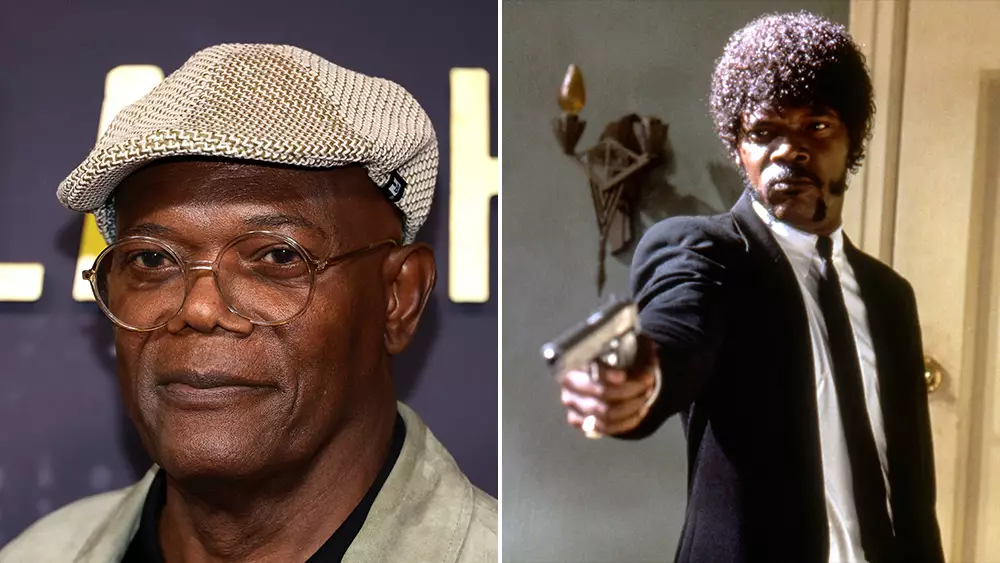Samuel L. Jackson has become more than just an actor; he is a cultural touchstone whose performances resonate through generations. With over three decades in the film industry, his ability to capture the intricacies of human emotion and provoke thought through powerful dialogue remains unmatched. Recently, Jackson reminded audiences of his incredible talent by reciting the famed Ezekiel 25:17—a moment that not only serves as a nod to his career but also highlights the indelible mark he and director Quentin Tarantino have left on the cinematic landscape.
A Celebration of ‘Pulp Fiction’
The recent social media post celebrating the 30th anniversary of *Pulp Fiction* spotlighted Jackson’s remarkable skill. In the clip, he delivers the iconic verse with an ease that belies the challenges of balancing theatricality with authenticity. His recitation is not just a performance; it is a testament to the training, focus, and depth of character he brings to every role. Jackson’s portrayal of Jules Winnfield—a hitman navigating his moral complexities—transcends mere dialogue, making the moment one of the film’s most quoted and revered scenes.
The film itself remains a groundbreaking work, weaving together multiple narratives within the criminal underbelly of Los Angeles. Jackson shared the screen alongside a talented ensemble cast, including John Travolta and Uma Thurman. Their collective performances bring an authenticity and grit to the narrative, enabling audiences to engage deeply with their intertwined fates. *Pulp Fiction* has not only achieved cult status but also significant critical acclaim as one of the greatest films of all time, earning seven Academy Award nominations, including an Oscar win for Best Original Screenplay.
The significance of the Ezekiel passage lies in its thematic depth. Jackson’s Jules reflects the struggle between good and evil, making the once-simple act of retrieving a briefcase a moment filled with existential meaning. As he delivers the iconic lines, audiences can feel the weight of his character’s journey, laying bare the duality of justice and vengeance. This philosophical underpinning adds layers of sophistication to what might otherwise be dismissed as mere action or violence in cinema.
Quentin Tarantino’s unique narrative style, rich dialogue, and unforgettable characters have kicked down the doors of conventional storytelling in Hollywood. *Pulp Fiction* exemplifies his penchant for blending humor with stark realities, a device that keeps viewers engaged while simultaneously questioning their moral compass. Jackson’s performance serves as the perfect conduit through which audiences explore these complex themes.
As we commemorate *Pulp Fiction’s* milestone anniversary, it is clear that both Jackson and Tarantino have created an everlasting impact on film, challenging audiences to ponder and reflect long after the closing credits roll. In a world that often rushes by, the ability to pause and appreciate these moments makes the cinematic experience truly extraordinary. Samuel L. Jackson’s proclamation—“I still got it!”—resonates not just as an affirmation of his talent but also as a celebration of the timelessness of great cinema.
